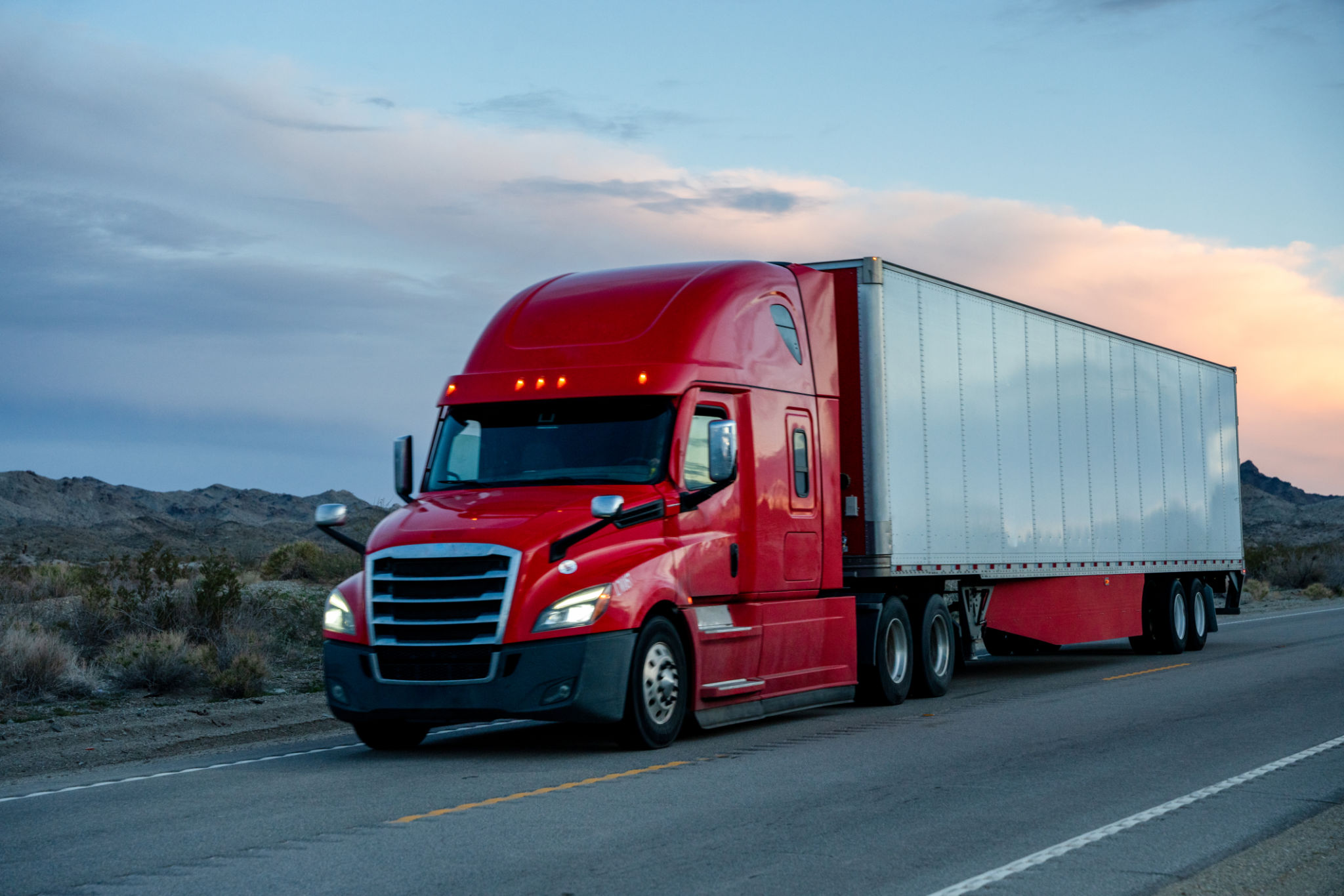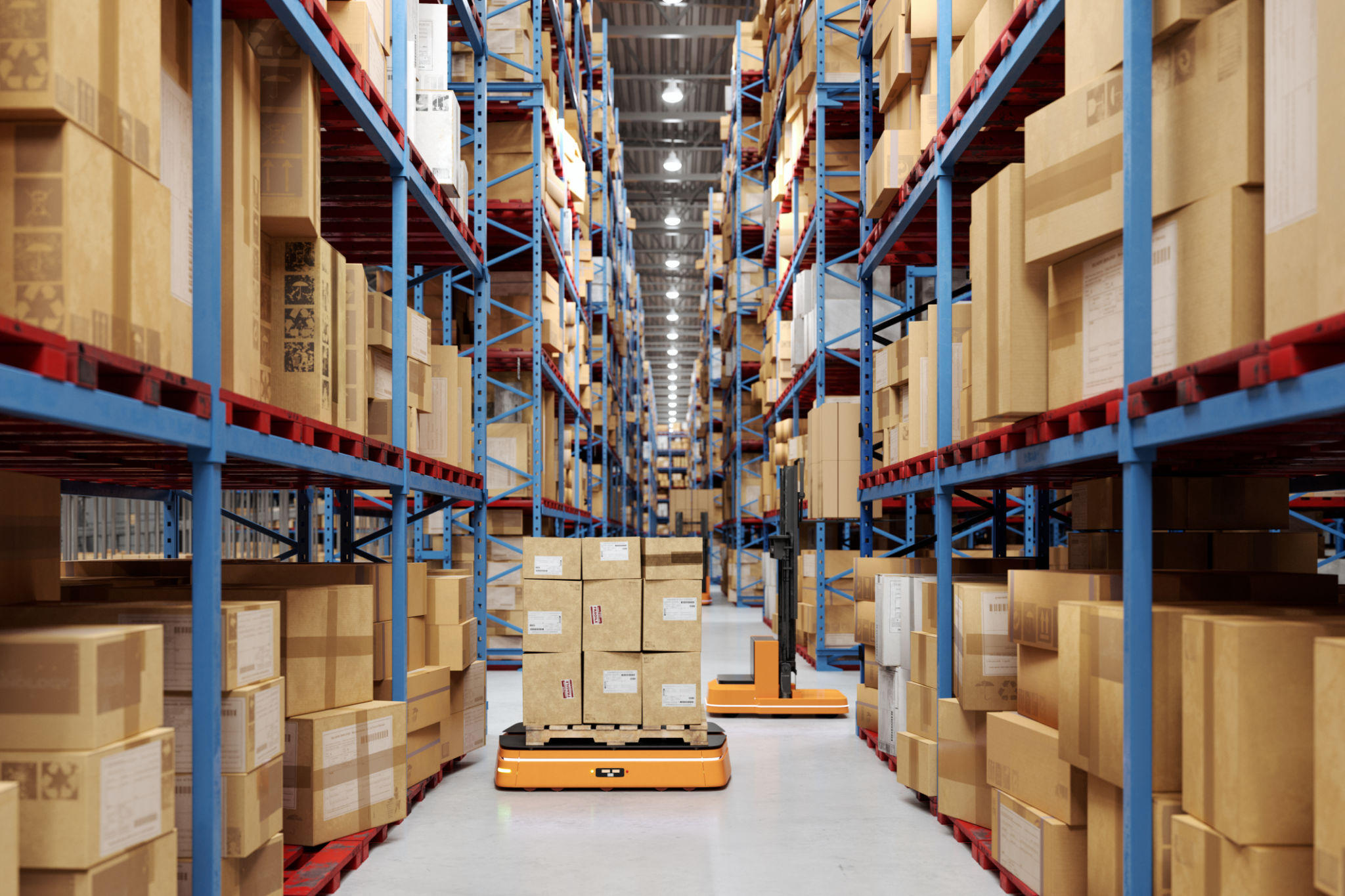FAQ: Common Questions About Freight Transportation in Vancouver Answered
Understanding Freight Transportation in Vancouver
Freight transportation plays a crucial role in Vancouver's economy. The city serves as a major hub, facilitating the movement of goods across Canada and beyond. Whether you're a business owner or a logistics enthusiast, understanding the nuances of freight transportation can help you make informed decisions.

What Types of Freight Transportation Are Available?
Vancouver offers a variety of freight transportation options, each catering to different needs. The primary methods include:
- Truck Freight: Ideal for short to medium distances, offering flexibility and door-to-door service.
- Rail Freight: Best for heavy and bulk shipments over long distances.
- Air Freight: Perfect for urgent and high-value goods, albeit at a higher cost.
- Sea Freight: Suitable for international shipping, especially for large volumes.
How Do I Choose the Right Freight Service?
Choosing the right freight service depends on several factors, such as the type of goods, delivery speed, and budget. Consider the following steps:
- Identify the nature and volume of your shipment.
- Determine your budget and time constraints.
- Research and compare different service providers.
- Check for reliability and customer reviews.

What Are the Costs Involved in Freight Transportation?
The cost of freight transportation in Vancouver varies based on several elements, including distance, weight, volume, and the mode of transport. It's essential to get a detailed quote and understand any additional fees, such as fuel surcharges or handling fees. Negotiating contracts can also offer more competitive rates.
How Is Freight Transportation Affected by Regulations?
Freight transportation in Vancouver is governed by local and international regulations. Compliance with safety standards, environmental guidelines, and customs requirements is mandatory. Staying updated with these regulations can prevent delays and legal complications. Collaborating with experienced freight forwarders can ease the compliance process.

What Are the Common Challenges in Freight Transportation?
Freight transportation, while efficient, is not without its challenges. Common issues include:
- Delays: Caused by weather conditions, port congestion, or regulatory checks.
- Damage or Loss: Goods can sometimes get damaged during transit, necessitating insurance coverage.
- Cost Fluctuations: Fuel prices and currency exchange rates can impact overall costs.
How Can Technology Enhance Freight Transportation?
Technology is revolutionizing freight transportation in Vancouver. The use of GPS tracking, automated documentation, and data analytics is enhancing efficiency and transparency. Implementing these technologies can streamline operations, reduce errors, and improve customer satisfaction.
Conclusion
Freight transportation in Vancouver is a dynamic and essential industry. By understanding the various aspects, from types and costs to challenges and technology, businesses can optimize their logistics strategies. Staying informed and prepared can ensure smooth and efficient shipping experiences.